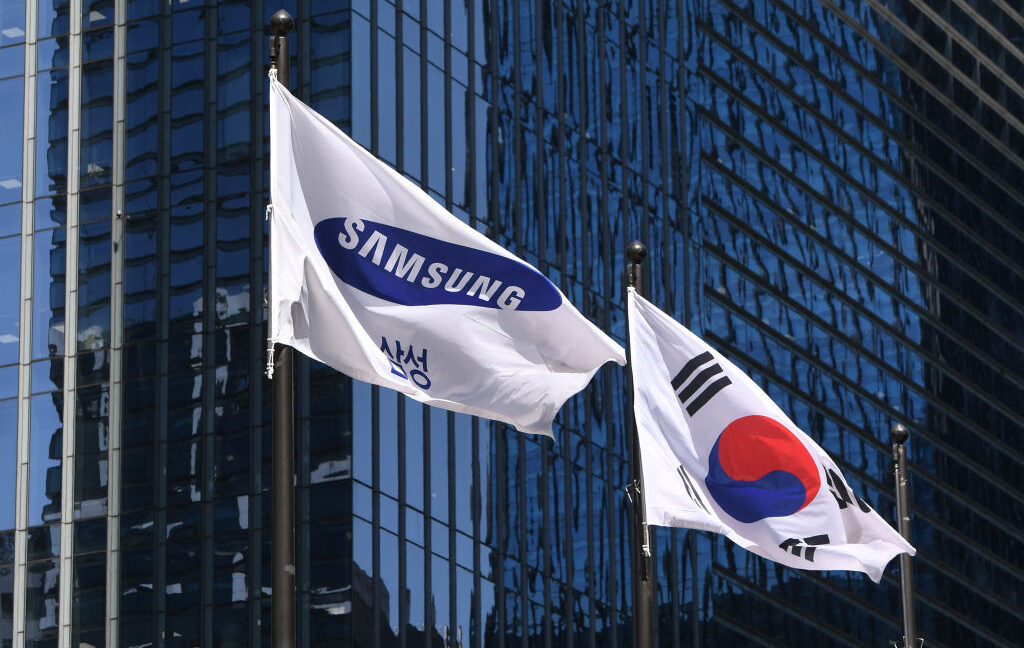Samsung has turned to Chinese technology groups to prop up its ailing semiconductor division, as it struggles to secure big US customers despite investing tens of billions of dollars in its American manufacturing facilities.
The South Korean electronics group revealed last month that the value of its exports to China jumped 54 percent between 2023 and 2024, as Chinese companies rush to secure stockpiles of advanced artificial intelligence chips in the face of increasingly restrictive US export controls.
In one previously unreported deal, Samsung last year sold more than three years’ supply of logic dies—a key component in manufacturing AI chips—to Kunlun, the semiconductor design subsidiary of Chinese tech group Baidu, according to people familiar with the matter.
But the increasing importance of its China sales to Samsung comes as it navigates growing trade tensions between Washington and Beijing over the development of sensitive technologies.
The South Korean tech giant announced last year that it was making a $40 billion investment in expanding its advanced chip manufacturing and packaging facilities in Texas, boosted by up to $6.4 billion in federal subsidies.
But Samsung’s contract chipmaking business has struggled to secure big US customers, bleeding market share to Taiwan Semiconductor Manufacturing Co, which is investing “at least” $100 billion in chip fabrication plants in Arizona.
“Samsung and China need each other,” said CW Chung, joint head of Apac equity research at Nomura. “Chinese customers have become more important for Samsung, but it won’t be easy to do business together.
Samsung has also fallen behind local rival SK Hynix in the booming market for “high bandwidth memory,” another crucial component in AI chips. As the leading supplier of HBMs for use by Nvidia, SK Hynix’s quarterly operating profit last year surpassed that of Samsung for the first time in the two companies’ history.
“Chinese companies don’t even have a chance to buy SK Hynix’s HBM because the supply is all bought out by the leading AI chip producers like Nvidia, AMD, Intel and Broadcom,” said Jimmy Goodrich, senior adviser for technology analysis to the Rand Corporation research institute.


